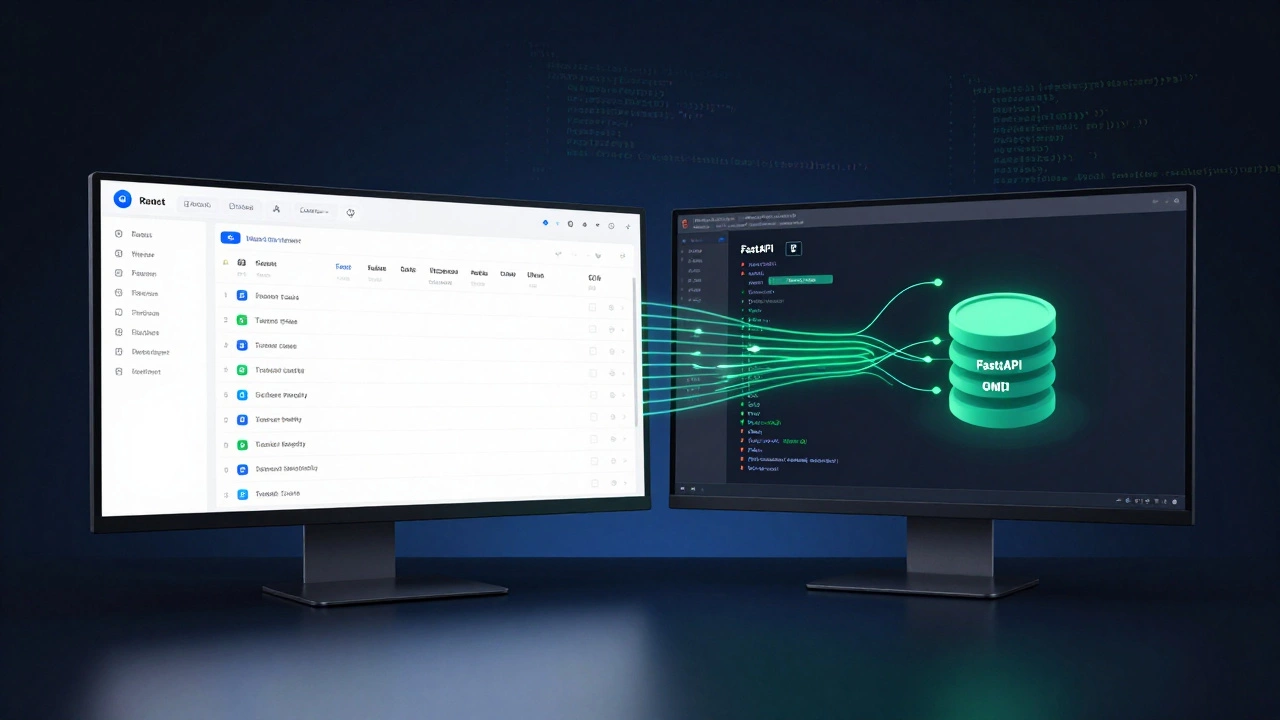Programming Languages: What to Learn in 2025 and Why
Trying to decide which language to dive into next? You’re not alone. Every year new tools pop up, but the core choices – Python, JavaScript, Java, and a few others – still dominate the market. This page gives you straight‑forward advice, real‑world examples, and quick links to deep‑dive articles that can help you pick the right path.
Choosing the Right Language for Your Goals
First, think about what you want to build. Want to splash together a web app that talks to a database? Python’s clean syntax and huge library ecosystem make back‑end work feel easy, and our article Is Python Really a Full Stack Language? breaks down what you can and can’t expect.
If you’re eyeing interactive front‑ends or server‑side rendering with React, JavaScript is the only game in town. The piece Can You Master JavaScript in 2 Months? shows a realistic timeline and the exact skills you need to get up and running fast.
For big‑scale enterprise projects, Java still holds the crown. It’s heavy on typing, which can feel strict at first, but that strictness pays off in reliability. Our side‑by‑side comparison Java vs JavaScript: Which Is Harder to Learn in 2025? gives a clear picture of the learning curve and where each shines.
Don’t forget about niche but growing languages like Go or Rust if you’re into performance‑critical services. While we don’t have a dedicated post for them yet, the same criteria – job market, community support, and project fit – apply.
Top Trending Languages in 2025
Data from job boards and developer surveys show that Python, JavaScript, and Java stay in the top three, but a few other names are rising fast. Here’s a quick snapshot:
- Python – best for data science, AI, and quick back‑end prototypes.
- JavaScript (and TypeScript) – dominates front‑end, Node.js back‑ends, and full‑stack frameworks like Next.js.
- Java – still king for large enterprises, Android apps, and high‑throughput services.
- Go – loved for micro‑services, cloud native tools, and simple concurrency.
- Rust – prized for systems programming where safety matters.
Each language has a strong community, plenty of learning resources, and a clear career path. Pick the one that matches the type of projects you enjoy, then double‑down with practice.
Ready for deeper dives? Check out the articles linked throughout this page. They walk you through real examples, common pitfalls, and step‑by‑step guides tailored to beginners and seasoned coders alike.Remember, the best language is the one you use consistently. Start small, build something useful, and let the momentum keep you learning.
Got a language you’re curious about that isn’t listed? Drop a comment or explore our full blog for more niche topics.







